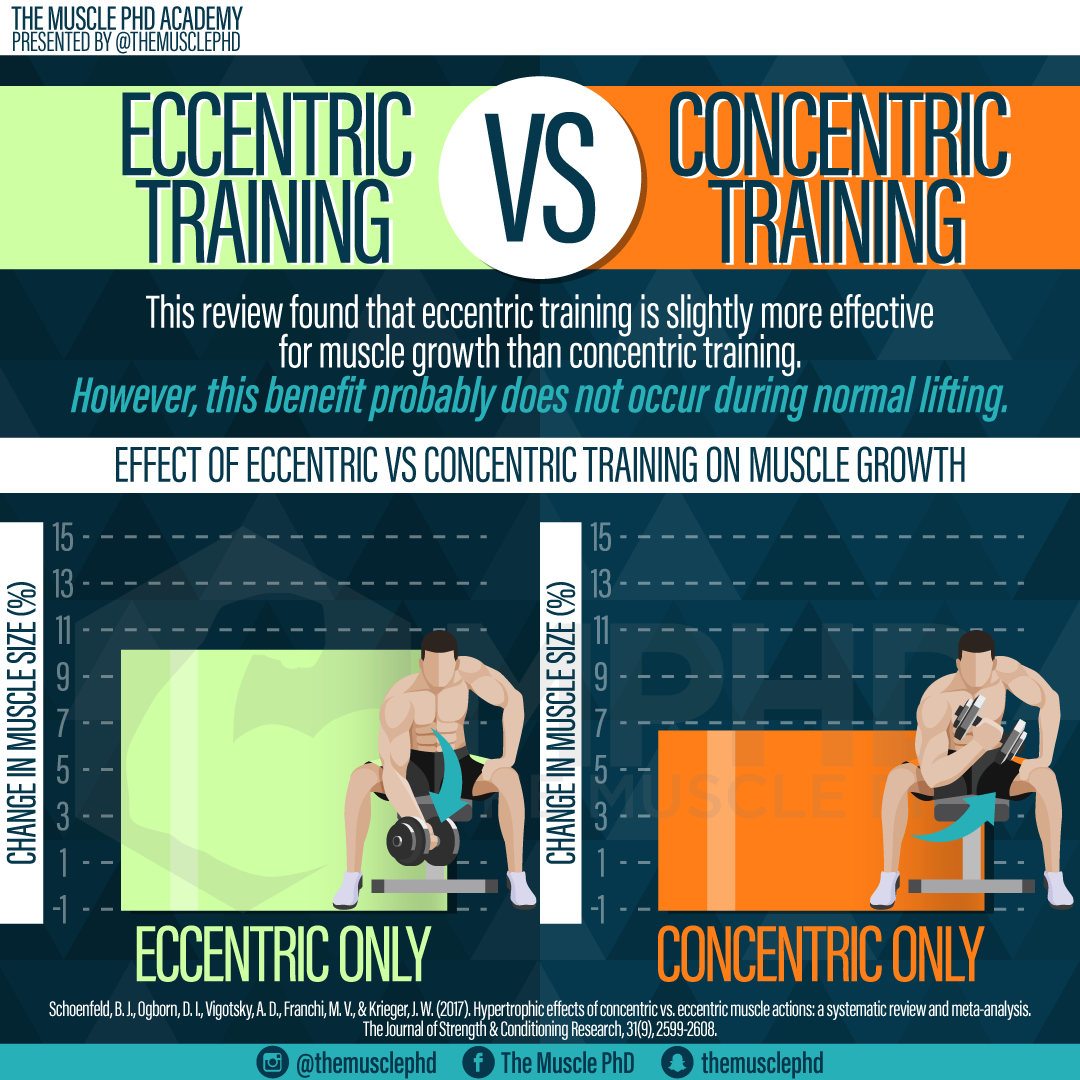
Burning Fat: The Ultimate Guide to Effective Workout Routines
Weight loss is a term that refers to the process of reducing body weight, typically by decreasing fat mass. It is common knowledge that maintaining a healthy weight is crucial for overall health, reducing the risk of chronic diseases, and enhancing quality of life. However, the journey towards weight loss can be complex and varies greatly from person to person. This article aims to delve into the principles of weight loss, effective strategies, and considerations for those embarking on this journey.
The Science of Weight Loss
At its core, weight loss occurs when individuals consume fewer calories than they expend—a state known as a calorie deficit. The body responds to this deficit by utilizing stored energy, primarily from fat, leading to weight loss over time. The fundamental principle can be simplified to the following equation:
Calories In < Calories Out = Weight Loss
Metabolism and Its Role
Metabolism refers to the chemical processes that occur within the body to maintain life, which includes converting food into energy. Factors affecting your metabolism include:
- Basal Metabolic Rate (BMR): The number of calories your body requires at rest.
- Physical Activity: Any movement requires energy, thus burning calories.
- Thermic Effect of Food (TEF): The energy required to digest, absorb, and process food.
Understanding metabolism’s role in weight loss helps individuals tailor their approach based on personal activity levels and dietary habits.
Effective Strategies for Weight Loss
There is no one-size-fits-all when it comes to weight loss. Different strategies work for different individuals, and finding a suitable approach will ensure sustainable results. Here are some widely accepted strategies:
1. Nutrition
Nutrition plays a pivotal role in weight loss. It is essential to focus on the quality of food rather than merely counting calories.
- Whole Foods: Incorporate fruits, vegetables, whole grains, lean proteins, and healthy fats into your diet.
- Portion Control: Be mindful of portion sizes, as they can significantly impact total caloric intake.
- Hydration: Drink enough water throughout the day; sometimes, thirst is mistaken for hunger.
2. Physical Activity
Regular physical activity promotes weight loss and helps maintain a healthy weight. It increases calorie expenditure and can accelerate the metabolism. Recommendations include:
- Engaging in at least 150 minutes of moderate aerobic activity or 75 minutes of vigorous activity each week.
- Incorporating strength training exercises at least twice a week to boost muscle mass.
- Finding an activity you enjoy to sustain the routine.
3. Behavioral Changes
Behavioral changes can greatly influence weight loss outcomes. Strategies include:
- Mindful Eating: Pay attention to hunger cues, and eat slowly to appreciate your food.
- Setting Realistic Goals: Focus on achievable short-term goals that lead to long-term success.
- Tracking Progress: Keep a food diary or use apps to track food intake and physical activity, which can boost accountability.
Common Weight Loss Myths
When pursuing weight loss, it is essential to distinguish fact from fiction. Here are some common myths debunked:
1. Carbs Are Bad for You
While refined carbohydrates can contribute to weight gain, whole grains and fiber-rich foods are beneficial and can support a healthy weight.
2. Skipping Meals Helps You Lose Weight
Skipping meals often leads to overeating later in the day. Regular meals help maintain energy levels and curb hunger.
3. All Fats Are Bad
Healthy fats, such as those found in avocados, nuts, and olive oil, are essential for a balanced diet and can aid in weight loss when consumed in moderation.
Challenges in Weight Loss
Embarking on a weight loss journey can be fraught with challenges. Common barriers include:
- Plateaus: Weight loss may slow down as the body adjusts. It’s essential to modify your approach as needed.
- Emotional Eating: Stress and emotions can lead to overeating. Addressing emotional triggers is crucial.
- Social Factors: Eating out or social gatherings can pose challenges. Planning and making conscious choices are necessary.
Conclusion
Weight loss is a highly individualized journey requiring a holistic approach combining proper nutrition, physical activity, and behavioral changes. By understanding the underlying science and implementing effective strategies, individuals can achieve their weight loss goals sustainably. Remember to consult with healthcare professionals for personalized recommendations and support throughout your journey. Focus on progress rather than perfection, and celebrate small victories along the way!
FAQs
1. How long does it typically take to lose weight?
The rate of weight loss varies for each individual depending on factors such as starting weight, diet, and activity level. A safe and sustainable rate is usually 1-2 pounds per week.
2. Is it better to lose weight quickly or slowly?
Slow and steady weight loss is more sustainable. Rapid weight loss can lead to muscle loss and is often followed by weight regain.
3. Do I need to join a gym to lose weight?
No, while joining a gym can be beneficial, many effective workouts can be done at home or outdoors without any equipment.
4. Can supplements help with weight loss?
Some supplements may assist with weight loss, but they are not a substitute for a healthy diet and exercise. Always consult a healthcare provider before starting any supplement regimen.
5. Can steroids aid in weight loss?
Some individuals may consider the use of anabolic steroids for weight loss; however, they carry significant health risks and should not be used without a doctor’s supervision. For further reading on this topic, you can check this link: USA Domestic Steroids.
For further insights and discussions about weight loss, you can explore this resource: Menagerie Media Weight Loss Blog.
Weight loss is a multifaceted process that involves not only changes in diet and exercise but also psychological and lifestyle adjustments. At its core, weight loss occurs when an individual expends more calories than they consume, leading the body to tap into stored fat reserves for energy. This fundamental principle is supported by thermodynamics and forms the basis for many weight loss plans. However, understanding the complexities of metabolism, hormones, and emotional relationships with food is crucial for effective long-term weight management.
The role of diet in weight loss cannot be overstated. A balanced diet that prioritizes whole foods—such as fruits, vegetables, lean proteins, whole grains, and healthy fats—can significantly enhance weight loss efforts. These foods tend to be lower in calories and higher in essential nutrients, which can help promote feelings of fullness while providing energy. Many individuals benefit from tracking their caloric intake, as it encourages mindfulness about food choices and portion sizes. Additionally, popular diets, like the Mediterranean diet or ketogenic diet, often offer frameworks that can support weight loss while aligning with individual preferences and lifestyles.
Exercise is another critical component of any weight loss strategy. Regular physical activity not only burns calories but also boosts metabolism and helps to build lean muscle mass, which can further facilitate weight loss. Incorporating a variety of exercise types—including cardiovascular workouts, strength training, and flexibility exercises—can equip individuals with a well-rounded approach. Beyond caloric burn, exercise has numerous mental health benefits, such as reducing stress and increasing overall well-being, which can play a significant role in sustaining healthy habits.
Psychological factors also deeply influence weight loss efforts. Emotional eating, food addiction, and body image issues are common challenges that many face. Developing a positive relationship with food and understanding triggers for unhealthy eating patterns is essential for overcoming these challenges. Strategies such as mindful eating, journaling, and cognitive-behavioral therapy can help individuals create lasting behavioral changes. Support systems, including friends, family, or professional guidance from dietitians or therapists, can also provide encouragement and accountability.
In summary, successful weight loss is a combination of nutritional knowledge, physical activity, and psychological resilience. It requires a tailored approach that considers individual preferences, needs, and lifestyles. Sustainable weight loss is not about quick fixes or extreme diets but fostering healthy habits that can be maintained over time. Emphasizing overall wellness, rather than solely focusing on the scale, allows individuals to create meaningful changes that enhance their quality of life, leading to healthier outcomes and, ultimately, lasting weight management.






